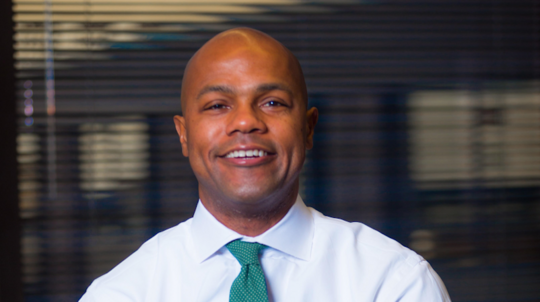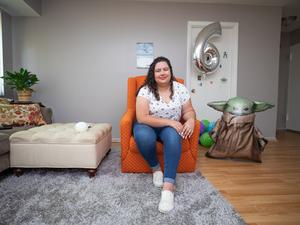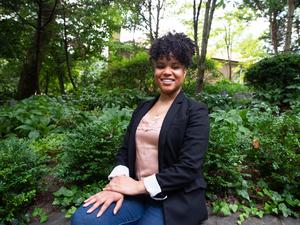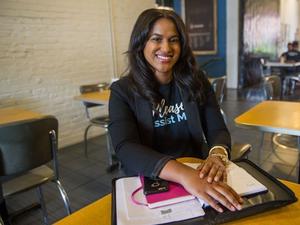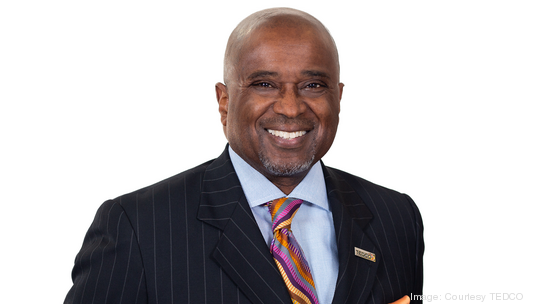
Greater Washington is making progress in attacking the racial and gender diversity problems that plague its innovation ecosystem. And there’s still a long road ahead.
That’s the consensus among the region’s investors, business leaders, entrepreneurs and organizations working to diminish the equity gap and increase access to capital to businesses owned by women and people of color.
“I don’t even think we’re in the first inning,” said Troy LeMaile-Stovall, CEO and executive director for the Maryland Technology Development Corp. “I think we’re still in batting practice, before the game even starts.”
Related: Read the Washington Business Journal's DMV Divide special report: VC dollars were scarce for years for founders of color, but there’s growing momentum for change
Groups like TEDCO are working to change the funding picture, because per most estimates, 1% of investment dollars flow to Black and brown founders, and barely half of that go to Black women. There’s also little advancement among investment professionals of color — which, experts say, must also change.
“I would love for this to not be a conversation in a few years, because it’s just a given that everyone has equal access,” said Dahna Goldstein, director of impact investing for D.C. social impact nonprofit Halcyon. “I don’t think it’s a pipe dream. I think it is achievable — and more work needs to be done.”
The pandemic disproportionately hurt diverse business owners. But it also shone a spotlight on the holes that need to be filled. It’s a journey we’ve been following closely, including last summer, when George Floyd’s death sparked the overdue call for equity, to tackle social injustice.
Now, in a Washington Business Journal special report, we dig into these very issues and home in on the venture capital and startup arena, in how these inequities hurt ventures from women and people of color, what’s changing and what’s still needed. Here is just a handful of the players stepping up across the region:
Minwo: The Woodbridge startup aims to help people of color and women founders better understand their pain points and connect with venture capitalists, accelerators, consultants, incubators and resources. And Melanie Akwule, its founder and CEO, represents the very people it serves. This year, she’s taking that to the next level with an artificial intelligence platform, called Rialto. As it starts to bring more users on board — 500,000, she hopes, by year’s end — she’s in fundraising mode, shooting to secure $1.8 million to both grow its own offerings and provide small grants and loans as seed capital to other Black-owned businesses.
“What I’ve been able to build in six years, I’ve seen my white male peers get to in six months because they look the part, they know the people, they speak the language. And for me, it took a long time — I would say the first four years — to really just learn the lay of the land,” Akwule said. “It’s really just a steep, steep learning curve. We’re hoping that Rialto’s the platform that flattens that a little bit. If you say that you don’t have the network to access Black founders, this is the platform where you can do that.”
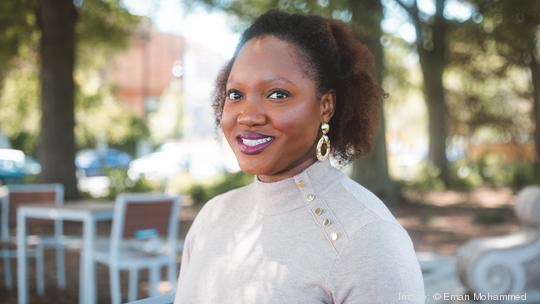
Black Men Ventures: The new initiative out of College Park sets out to foster access to capital for Black male founders — mirroring Shelly Bell’s Black Girl Ventures. It comes from local musician and entrepreneur Alfred Duncan, and provides a platform and quarterly pitch competitions for young, revenue-generating businesses led by diverse founders who need initial funding and guidance to grow. It calls on audience members to invest in their favorite startups, raising a total $11,000 in its inaugural contest.
Duncan, a Black male founder himself, is now raising funding to grow BMV’s programming and add more pitch competitions for this year, he said. “Ultimately, what we want to be is a difference in the wealth gap. Because when you invest into Black entrepreneurs, then that brings the money to the community or to the people, and then they are able to do different things for their community.”
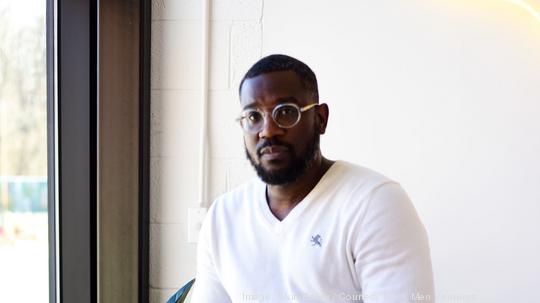
1863 Ventures: The D.C. business development nonprofit won $1.7 million in funding from Capital One Financial Corp. and The Rockefeller Foundation to, in turn, give $5,000 grants and three months of business coaching to 1,400 Black-owned businesses in 14 cities — including D.C., where the effort was first born.
Melissa Bradley, founder and managing director of 1863 Ventures, had cited a Center for Global Policy Solutions finding that past and current racial discrimination has cost the U.S. upward of 1.1 million potentially thriving businesses owned by people of color. “These missing businesses could produce an estimated 9 million more jobs and boost our national income by $300 billion,” Bradley said when the program launched in February. “Investing in these businesses is not just a moral imperative, but an economic one for Black communities and this country.”
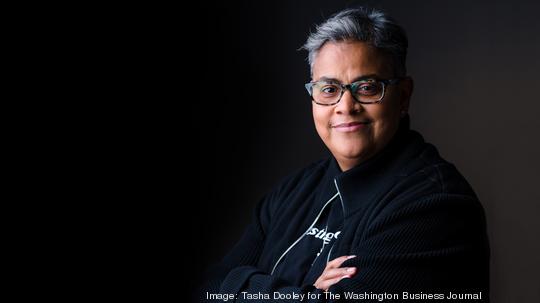
Street Entrepreneurs: The District nonprofit runs an annual pitch competition following a yearlong educational program that, in 2020, served 1,000 small businesses from each of the city’s eight wards. Its founder and CEO, Juliana Cardona Mejia, works with a team of women and ethnically diverse employees to serve younger, underrepresented entrepreneurs with their 5-year-old accelerator.
Through the pandemic, it connected founders to mentors and coaches, held lectures and workshops about nontraditional routes to funding, and hosted town hall discussions to create a response team for small business owners hit hard by Covid-19. That’s in addition to providing child care, transportation and Wi-Fi stipends — important to help level the playing field, said Cardona Mejia, who’s originally from Medellin, Colombia. Eventually, she wants to train everyday people to become investors.
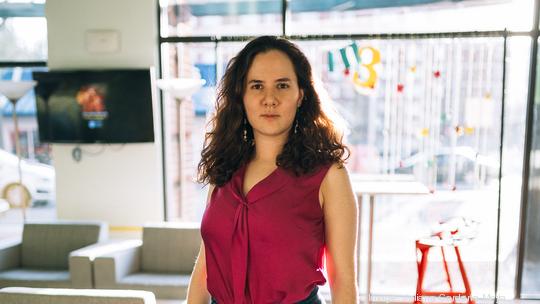
Zeal Capital Partners: The D.C. firm, run by founder Nasir Qadree, is now raising $50 million — with a hard cap of $100 million and $22.3 million already closed — for fintech, education and other companies often overlooked by traditional firms. The big-picture goal: for others to replicate the model.
“I think success looks like, at least for Zeal, when we start seeing other firms implement our inclusive investing strategy,” Qadree said. “I truly believe, with all of my heart and so much conviction, that the future of investing is inclusive investing.”
